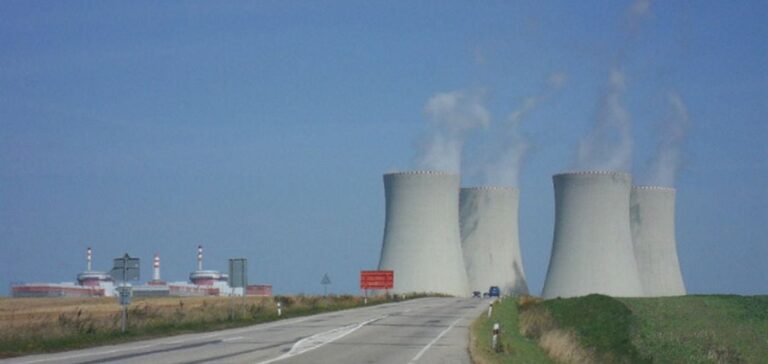The Czech Republic is moving ahead with the development of small modular reactors (SMRs) with an agreement between ČEZ and the government.
The agreement strengthens national security by framing the selection of suppliers for these technologies, which are crucial to diversifying the country’s energy mix.
Priority is given to integrating SMRs into existing infrastructure, particularly at the Temelín power plant site.
Jozef Síkela, Minister of Trade and Industry, explains that SMRs are intended to replace aging coal-fired power plants.
Their development is in line with nuclear projects already underway, such as the new units at Dukovany.
The integration of SMRs will enable us to adapt our energy supply to growing needs, while reinforcing security of supply.
Industrial advantages and technological choices
SMRs offer flexibility tailored to the Czech Republic’s energy needs.
ČEZ is planning a site in Temelín, with studies underway for other locations such as Dětmarovice and Tušimice.
The aim is to optimize energy production while guaranteeing grid stability.
The supplier selection process, governed by the agreement with the government, follows strict safety criteria.
This approach is reminiscent of that used for large nuclear units, such as the recent agreement with Korea Hydro & Nuclear Power (KHNP) for new units at Dukovany. However, the selection of KHNP remains under review following appeals by Westinghouse and EDF.
Prospects for nuclear power in the Czech Republic
The Czech Republic’s energy strategy is based on diversifying its nuclear sources.
Currently, one third of the country’s electricity comes from the Dukovany and Temelín power plants.
The introduction of SMRs, scheduled for the 2030s, is intended to complement this infrastructure by offering modular, flexible solutions tailored to market requirements.
The SMR master plan, approved last year, identifies several potential sites and explores various technological options.
The development of SMRs is part of a strategy to optimize energy resources while meeting the Czech Republic’s security and economic challenges.





















